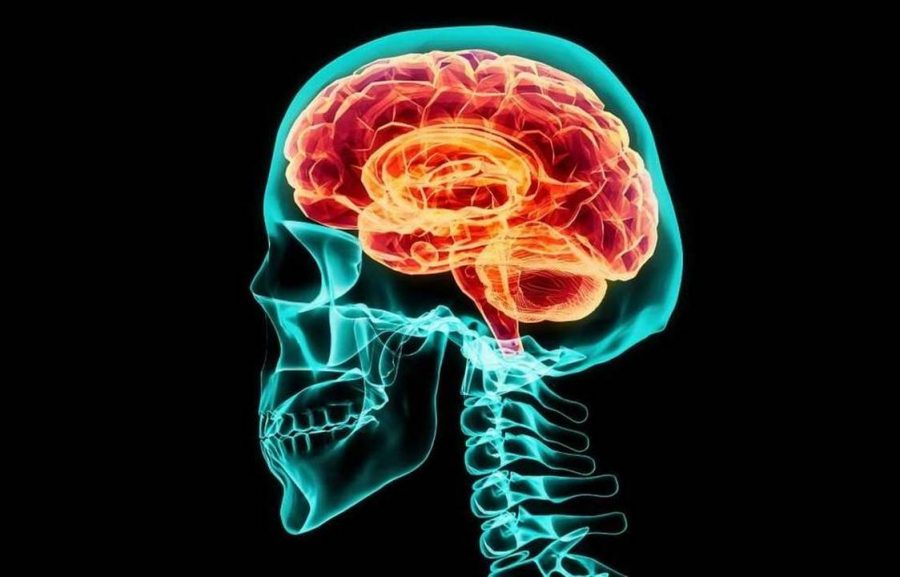The ways music affects the brain
More stories from Connor Dezember
Music can improve mood, reduce pain and anxiety, and provide opportunities for emotional expression.
Research suggests that music can benefit our physical and mental health in many ways. Music therapy is used by Hospice and Palliative Care Council certified music therapist to enhance conventional treatment for a variety of diseases and disease processes, from anxiety, depression and stress to pain management and improved functioning after degenerative neurological disorders.
1. It’s healthy for your heart.
Research has shown that your blood flows more easily when liked music is played. It can also reduce your personal heart rate, lower blood pressure, decrease cortisol (stress hormone) levels, and increase serotonin and endorphin levels in the blood.
2. It elevates mood.
Music can boost the brain’s production of the hormone, dopamine. This increased dopamine production helps relieve feelings of anxiety and depression. Music is processed directly by the amygdala, which is the part of the brain involved in mood and emotions.
3. It reduces stress.
Research has found that listening to music can relieve stress by triggering biochemical stress reducers inside the brain, which changes moods across the bored.
4. It relieves symptoms of depression.
When you’re not feeling the best, depressed but not diagnosed to say the least, music can help pick you up, much like exercise can.
5. It stimulates memories.
There is no cure for Alzheimer’s disease or dementia but music therapy has been shown to relieve some of its symptoms. Music therapy can relax an agitated patient, improve the mood and open communication in patients. Plus, even as an average person, music can bring back happy memories and make a bit of momentary bliss.
6. It manages pain.
By reducing stress levels and providing a strong fighting stimulus to the pain signals that enter the brain, music therapy can assist in pain management. With a mix of distracting and also slowing the pain with also the hormones caused by the music.
7. It increases workout endurance.
Listening to those top workout tracks or music that personally pumps you up can boost physical performance and increase endurance during a tough exercise session.
“If I didn’t have music I don’t know how I would cope. it’s the only thing that can calm me down when I’m having a rough time and it’s just very comforting in general. it’s an escape that nothing else can give you, and I personally don’t know where I would be without it” said Miriam Kendell.
“Music helps me to either elevate my positive emotions or help me process and understand the bad ones. Having a soundtrack playing in the back of my day to day life makes living more enjoyable by a significant margin.” said Hallie Kinsley.
“Music is something I can always fall back on when no one else is around, like in the late hours of the night. It’s always there, it’s nice and comforting.” Said Grace Mayer.
Taking journalism once again. My undiagnosed adhd and dyslexia really does make this all a struggle.
























